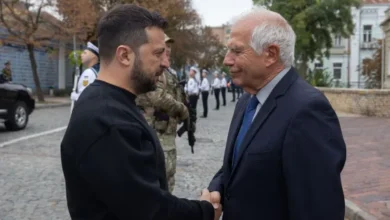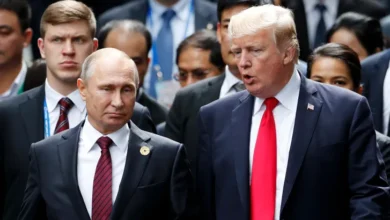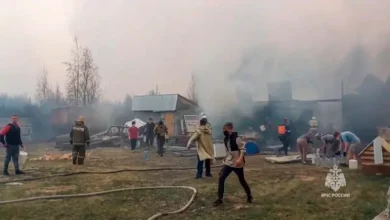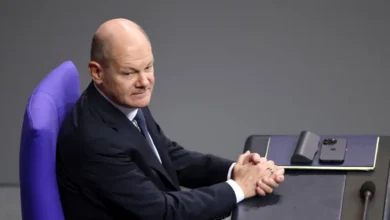US to revamp military command in Japan amid China’s threats
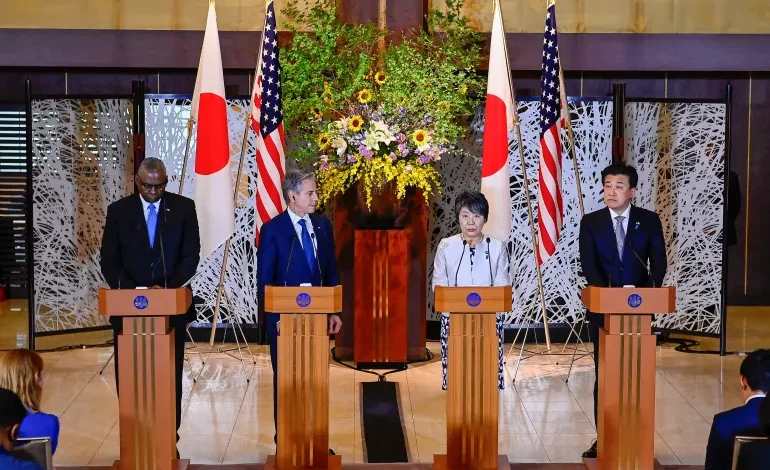
The United States has announced plans to overhaul its military command in Japan to bolster defence cooperation as the two countries face what they call the greatest strategic challenge from China.
“The United States will upgrade the US Forces Japan to a joint force headquarters with expanded missions and operational responsibilities,” US Secretary of Defense Lloyd Austin told reporters on Sunday after the so-called “2+2” talks between the defence and foreign ministers from the two countries in Tokyo.
Austin, in his opening remarks, said China is “engaging in coercive behaviour, trying to change the status quo in the East and South China Seas, around Taiwan and throughout the region”, adding that North Korea’s nuclear programme and its deepening cooperation with Russia “threaten regional and global security”.
He, however, told reporters the command upgrade was “not based on any threat from China” but reflected the allies’ desire to work more closely and effectively.
‘Reshaping international order’
China’s Ministry of Foreign Affairs did not immediately respond to a request for comment from the Reuters news agency.
For the first time, the ministers also discussed “extended deterrence”, a term used to describe the US commitment to use its nuclear forces to deter attacks on allies.
“We are at a critical juncture. In order to thoroughly defend the existing international order, we need to continuously strengthen our alliance and enhance the deterrence – the power,” Japan’s Foreign Minister Yoko Kamikawa told reporters at the outset of the talks.
Craig Mark, an international relations professor at Japan’s Kyoritsu Women’s University, said Japan’s worries are warranted.
“From a whole range of perspectives, Japan does feel that it faces a more threatened environment, hence the meeting and security agreement today, which aims to enhance the US-Japan alliance.”
Prompted by China’s growing military might and regular missile tests by nuclear-armed North Korea, Japan has in recent years shifted dramatically from decades of post-war pacifism. In 2022, it unveiled a plan to double defence spending to 2 percent of gross domestic product (GDP).
The allies also expressed deep concern about greater cooperation between Russia and China as well as Moscow’s procurement of ballistic missiles from North Korea to aid its war in Ukraine, as well as the potential for Moscow to transfer weapons of mass destruction or missile-related technology to Pyongyang.

